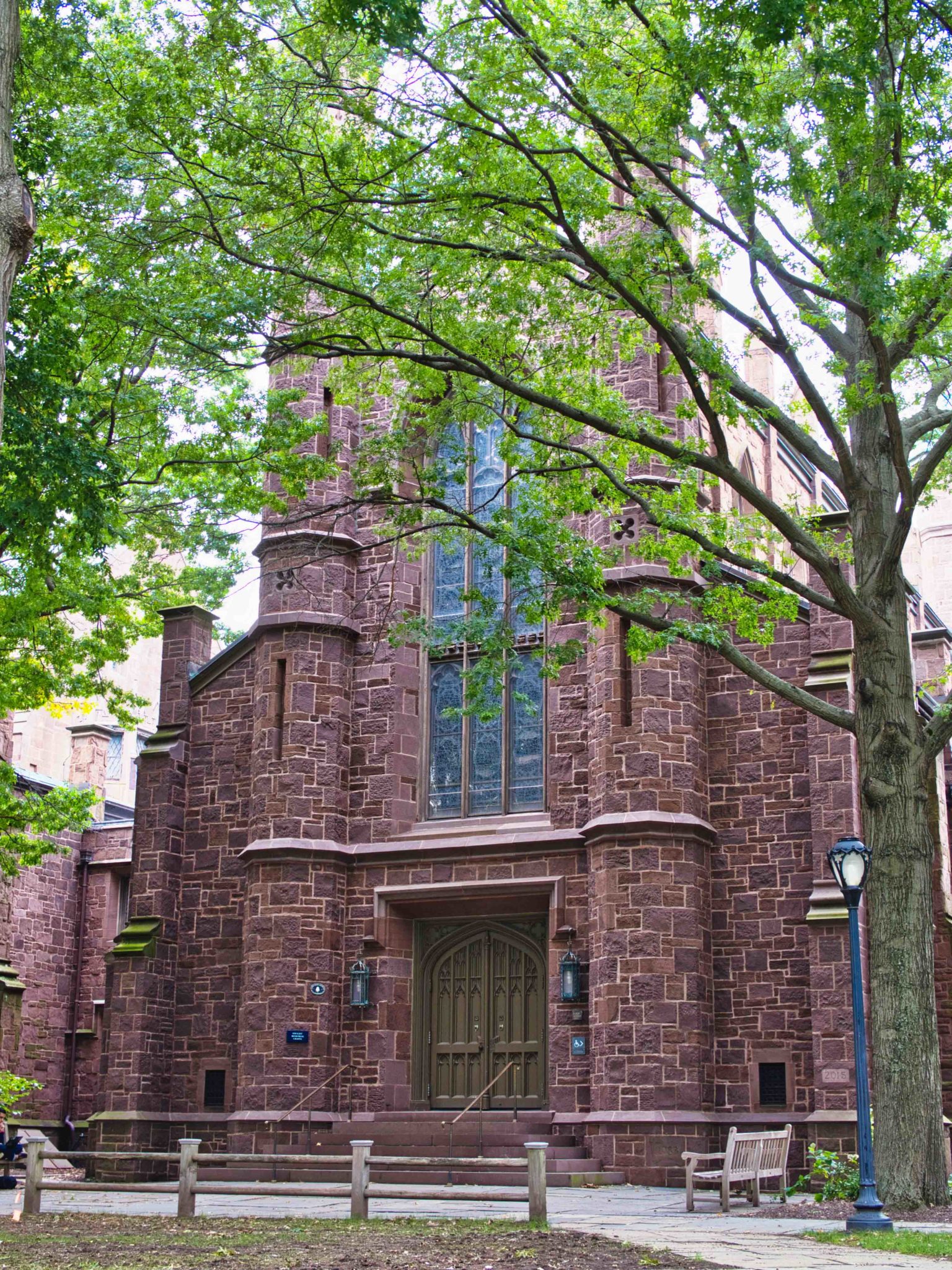
Amid heightened campus activism for issues ranging from the #MeToo movement to immigration policy, Dwight Hall plans to establish a network to coordinate advocacy efforts across groups.
Dwight Hall’s new Advocacy Network — to be led by one or two Advocacy Network Coordinators, who have yet to be selected — will connect campus groups that focus on social justice to increase communication and support each other’s activism. Additionally, the network will seek to bridge the gap between New Haven and Yale social justice initiatives, said Matthew Coffin ’19, Dwight Hall co-coordinator.
“We feel that the social justice component of our mission is more in name than in practice, and so that’s something that we want to change,” Coffin said. “The Advocacy Network is essentially an attempt to do just that.”
The network’s coordinators will organize biweekly meetings and mobilize the network in response to pressing social justice issues, according to the coordinator job description. The network will also include Advocacy Fellows, some of which will be drawn from major campus organizations, the cultural centers, the LGBTQ Student Cooperative at Yale and the Women’s Center.
Coffin and Dwight Hall Co-Coordinator Serena Ly ’20 said the idea was born out of their desire to help organize efforts to campaign for gun control in response to the Marjory Stoneman Douglas shooting last February. Coffin said Dwight Hall wanted to establish a more comprehensive institutional capacity for Dwight Hall to continue to do similar work. Coffin and Ly have been developing and revising the network idea since March, he said.
“We are not trying to take ownership over the social justice work that is cause-specific being done by people who are really affected by that cause, who are really passionate about that cause,” Coffin said. “We’re just trying to create a platform for them to have conversations with each other that will ultimately make their social justice work better.”
Coffin pointed to Dwight Hall’s ability to provide institutional weight, resources and a physical space for activists as benefits of the network. Ly stressed that the network can also provide an opportunity for a more diverse set of voices to contribute their perspectives to social justice discussions.
Coffin also highlighted Dwight Hall’s capacity to utilize its connections with New Haven community partners in order to bridge the gap between activism at Yale and activism in New Haven. He stressed that it is important for Yale students to “show up” to events organized by local, non-Yale activists instead of focusing solely on campus issues and events.
“When we are doing work, it’s not just about Yale,” Coffin said. “It’s about the New Haven community and all the people who are affected by our work.”
While Ly and Coffin have reached out to the Women’s Center, the cultural centers and other campus groups to discuss the idea of the network, it has yet to formalize any connections with campus groups because its leaders have not yet been chosen, Ly said.
Dwight Hall Executive Director Peter Crumlish DIV ’09 acknowledged the potential difficulties of getting “caught in partisan trenches” when engaging in activism, especially considering Dwight Hall’s status as a 501(c)(3) organization — 501(c)(3) organizations face legal restrictions on their ability to take political actions. Crumlish stressed the importance of working toward goals “that are not about ideological battling.”
Crumlish added that Dwight Hall’s role is not to prescribe the issues that Yalies should think and care about, but rather to respond to student initiative.
Ly stressed that the network will seek to analyze the “systemic roots” of the issues at hand and pursue solutions to the underlying problems in addition to coordinating campus reactions.
“By understanding [the root of the problem] fully, we can practice the advocacy that is effective and that successfully addresses these issues and takes into account that people have different perspectives,” Ly said. “People who are engaging in activism need to understand where people are coming from in order for that advocacy to be truly effective.”
Dwight Hall was founded in 1886.
Asha Prihar | asha.prihar@yale.edu .







